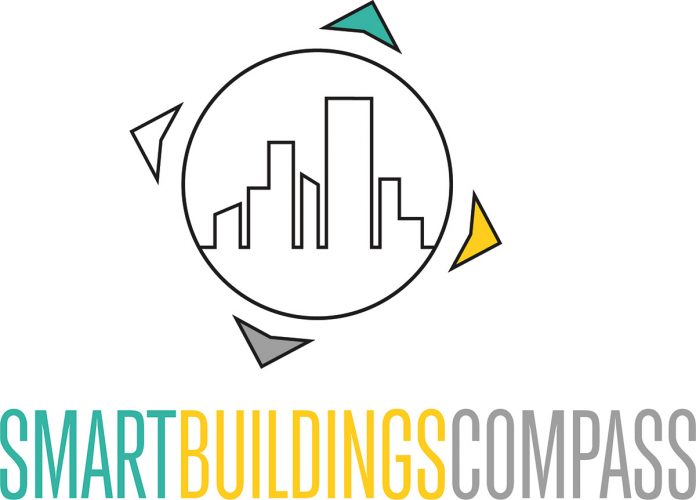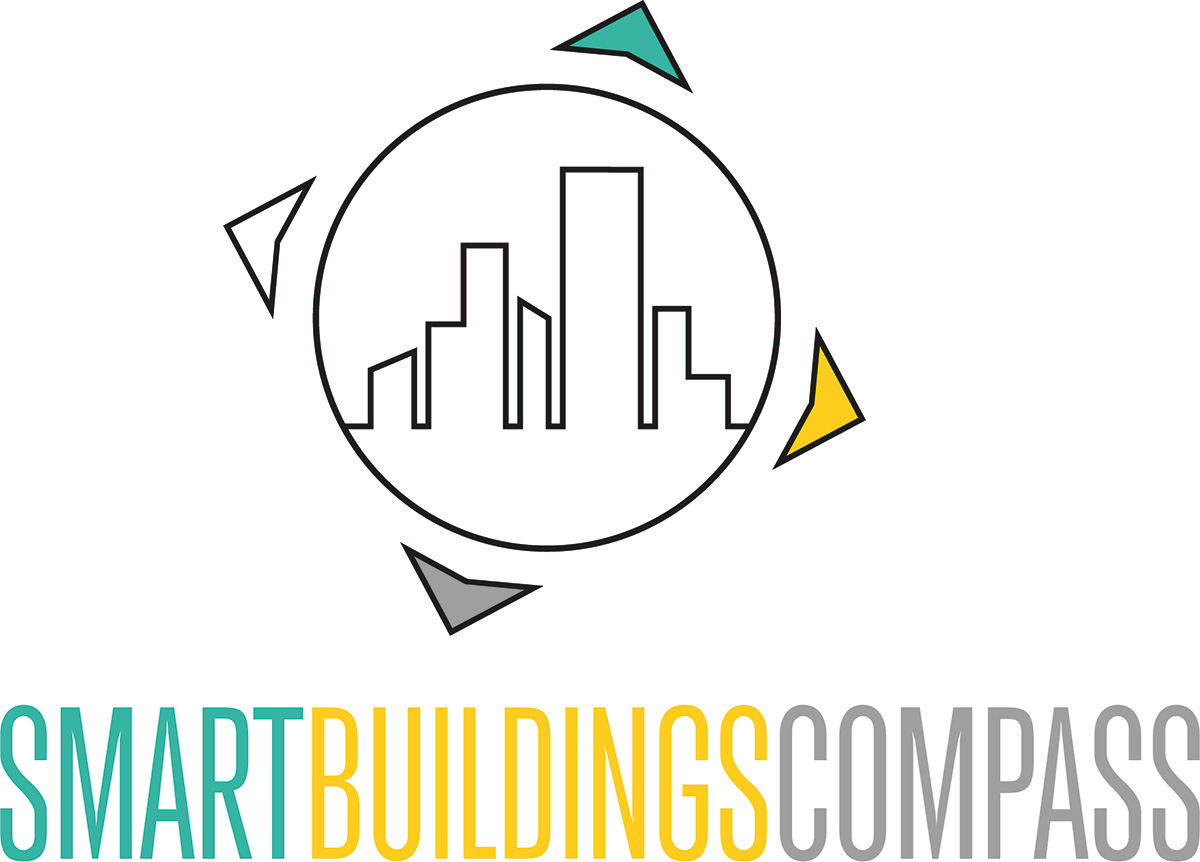What are the effects of the shortage of skilled workers in technology and what skills are missing on the employment market? What skills will be in demand in the future? A total of 35 managers from the building sector answered my questions, focusing on the value chain of smart building technologies.
The result is a map of the current challenges, but also of the lessons learned from the pandemic, which are important drivers for resilience and crisis resistance. However, it also shows the fields of action and possible consequences if no measures are taken.
You will also find possible solutions – either analyzed from the interviews or from other studies and surveys. The sources can be found in the appendix.
Sincerely,
Yours, Anja Herberth

Get part of our newsletter community!
ENERGY TRANSITION & DECARBONIZATION: OPPORTUNITY & CHALLENGE
The future topics of decarbonization, energy transition and climate change as well as the digitalization of our society are both a source of hope and a challenge: they mean a fundamental transformation of the sectors, as the way we build and renovate is changing completely.
Influences include the upcoming climate regulations and 5G communication technologies, the fundamental digitalization of all work processes and technological developments.
For example, energy production used to be in the hands of a few companies, but the energy transition represents the democratization of the energy world. Today, companies and end consumers are becoming ‘prosumers’: They use as much of the energy they produce themselves as possible, feed it into a storage facility or into the grid.
In view of the changes, the development of new business models is necessary: The progressive networking of specialist areas is changing the way work is done. The future therefore belongs to collaboration: in a networked building, it is essential to develop joint solutions with maximum load-bearing capacity with the sectors involved. It is important to form the right interdisciplinary teams and collaborations for this.


National climate plan: How Austria wants to reduce its CO2 footprint by almost half
Climate Protection Minister Leonore Gewessler presented the Austrian Energy and Climate Plan (NEKP) and will now submit it to the EU Commission.
This is the second attempt at a submission: Minister Gewessler first sent a draft to Brussels in December 2023, but it was withdrawn by European Affairs Minister Caroline Edtstadler (ÖVP).

AI for seniors: How artificial intelligence enables self-determined living
In view of the shortage of nursing staff, AI-supported assistance systems for the home are becoming increasingly urgent. In Germany alone, there will be a shortage of over 3 million homes suitable for the elderly and over 600,000 care workers by 2030. Technology that already provides support in care facilities is now also available on the market for private households.

Study on heat transition in villages: What makes projects successful
What technologies are available for heating and hot water, and which should a village or region rely on? The short study “Heat transition in the village” by Scientists for Future analyzed the market for alternative heat sources and highlights the limits and myths of alternative heating systems. At the same time, it questions how the heating transition can be made affordable.
ESSENTIAL NEW SKILLS
In a networked building, the most diverse sectors and trades build solutions together. We are looking for “world changers” who can network these different trades and sectors with one another, and the trend is also moving away from standard solutions towards a customer market and thus towards individual solutions.
As a result, soft skills are increasingly coming into focus. These include emotional intelligence, the ability to self-reflect and the capability to cooperate. It is no longer enough to understand the company, its products and processes: You now need employees who understand customers and speak their language.
These “world changers” are neither trained nor defined today. The interface handover and which trade is responsible for what – for example in a warranty case – has also not yet been clarified. Several interviewees summed up the challenges as follows: “Time is running out.”
Due to the greater complexity of the systems, the qualifications are generally shifted upwards by one level. This reduces the need for unskilled employees.

‘NEW WORK’, DIVERSITY & REQUALIFICATION
In companies, cultures are clashing: on the one hand the “old” team, on the other the young generation that demands “new work”. Today’s world of work appeals less and less to young people. Companies need to become attractive to a young generation that ticks in a completely different way.
The fact that we are not tech-savvy enough is also taking its toll: While our lives are characterized by technological innovations, there is a lack of qualified personnel and young talent. A major challenge, but also an opportunity to counteract the shortage of skilled workers, is diversity and requalification. This means that companies can make better use of the domestic labor market potential if they position themselves as a whole in a diverse way and are open to new target groups that were not previously on the “personnel radar”. This enables you to build up an advantage over the competition.
This includes the target group of women, older employees and jobseekers who are no longer sufficiently qualified.
TAKE PEOPLE WITH YOU
Technology will make many things easier for us in the future and offer solutions for the challenges of the future. But only we humans can fundamentally change systems. Through our decisions and the sensible application and working with these new technologies.
Whether we as a society are up to the enormous challenges of technological development & digitalization, the energy transition and decarbonization depends to a large extent not (only) on financial support and investments in technologies.
It is now essential to bring people along with us in this rapid development: The transformation of the building sector can only be navigated with a competent workforce that is aware of the changes in the market and proactively works on the challenges.
It is just as important to get end consumers on board: They will become an essential part of the energy transition and decarbonization of our society. However, this is only possible if they are aware of this – and are able to familiarize themselves with the new possibilities and opportunities inherent in these technologies and make a competent decision.







